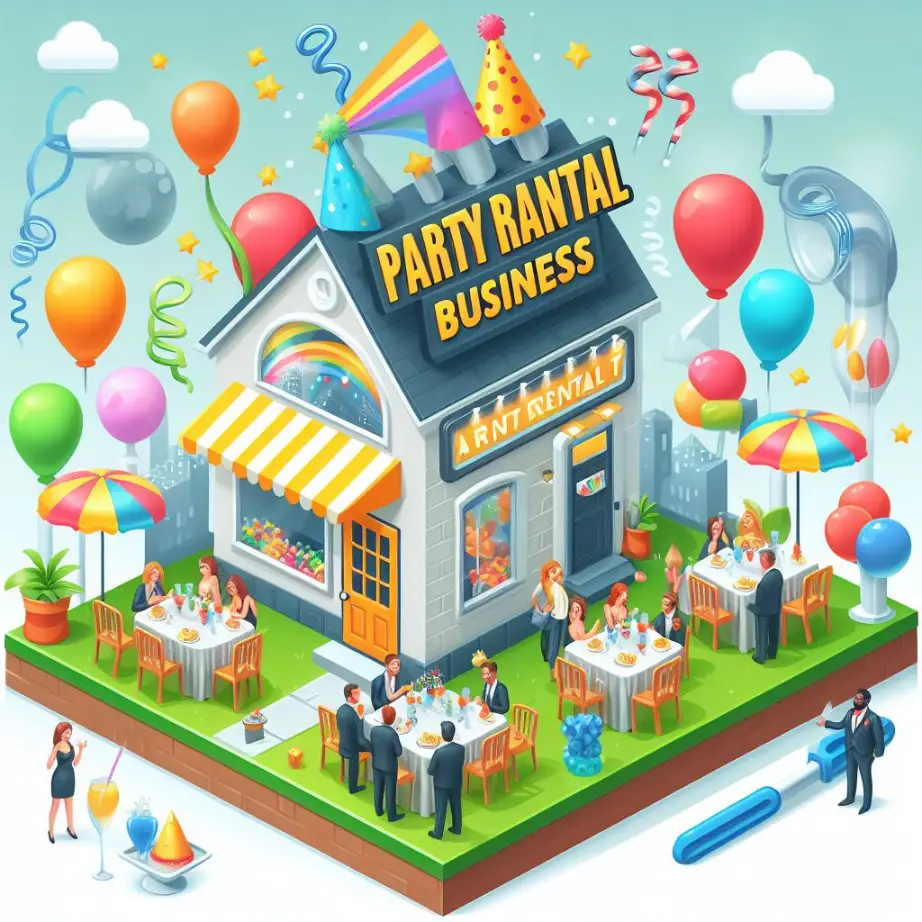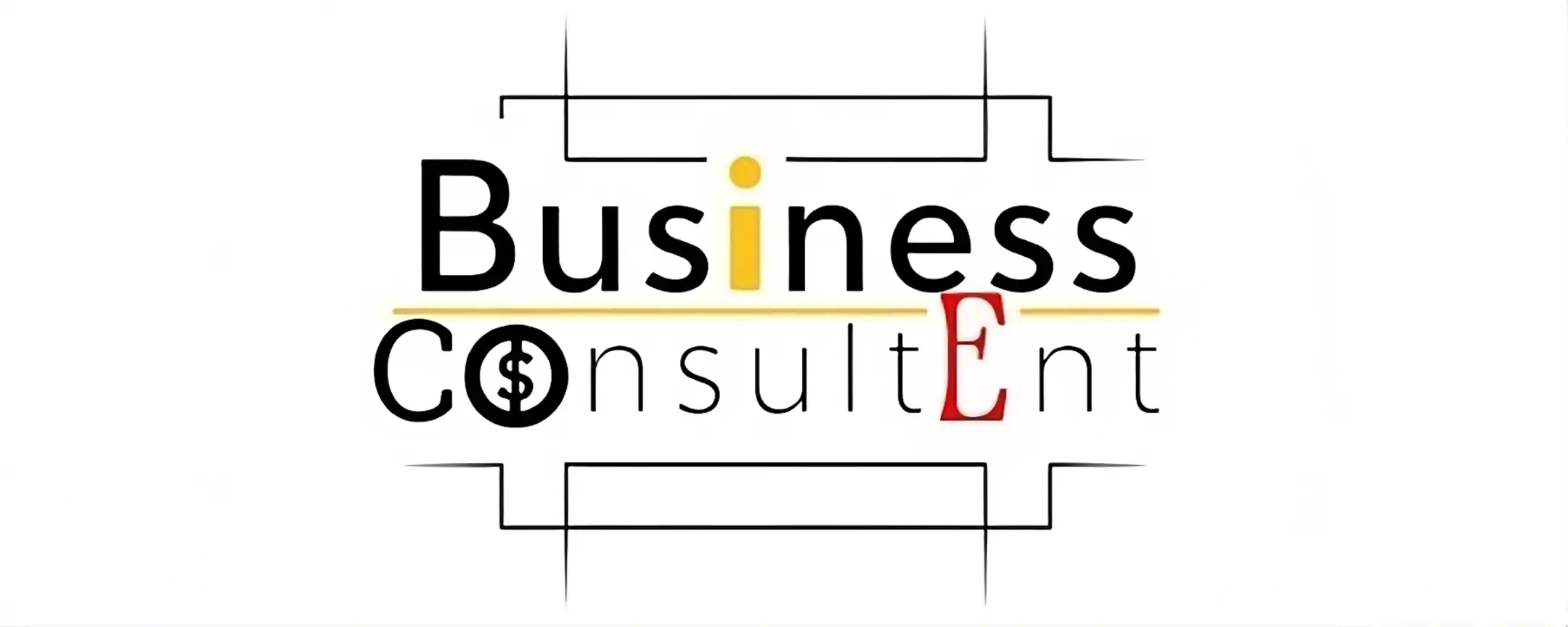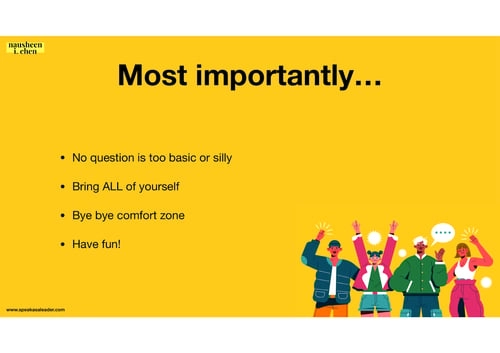
Starting a party rental business can be a lucrative endeavor, especially in the post-pandemic era as people are eager to celebrate and gather together. This guide will walk you through the essential steps about “how to start a party rental business” successfully.
Understanding the Party Rental Industry
The party rental industry caters to various events, including weddings, birthdays, corporate gatherings, and festivals. It involves renting out equipment and supplies necessary for a successful party, such as venues, furniture, decor, lighting, sound systems, and more. The industry is diverse, allowing you to specialize in a specific niche or offer a comprehensive range of services.
Step 1: Conduct Market Research
Before diving in, it’s crucial to conduct thorough market research to understand your target audience, their needs, and the competition in your area. Identify the types of events and parties that are popular in your region, and assess the demand for specific rental items. Analyze your competitors’ offerings, pricing strategies, and market positioning to find your unique selling proposition.

Step 2: Develop a Business Plan
A well-crafted business plan is essential for any successful venture. Your party rental business plan should include:
– Executive summary
– Company overview and mission statement
– Market analysis and target audience
– Services and product offerings
– Marketing and sales strategies
– Operations and management plan
– Financial projections and funding requirements
Step 3: Obtain Necessary Licenses and Permits
Familiarize yourself with the legal requirements and obtain the necessary licenses and permits to operate your party rental business legally. This may include a general business license, sales tax permits, and any specific permits related to the rental services you offer. Consult with local authorities to ensure compliance with all applicable regulations.
Step 4: Choose Your Rental Inventory
Based on your market research and business plan, determine the types of rental items you will offer. Start with essential items like tables, chairs, tents, and tablecloths, and gradually expand your inventory to include specialized equipment like sound systems, lighting rigs, and photo booths. Consider renting or subrenting items that are less frequently requested to minimize upfront costs and inventory management challenges.

Step 5: Establish Pricing and Insurance
Analyze your competitors’ pricing and develop a competitive yet profitable pricing strategy. Consider offering package deals or bundled services to attract more customers. Additionally, obtain appropriate insurance policies to protect your business from potential liabilities, such as general liability insurance and property insurance.
Step 6: Set Up Your Operations
Invest in a robust rental management software solution to streamline your operations, manage inventory, and handle bookings efficiently. Secure a storage facility or warehouse to store your rental equipment safely. Plan for transportation and delivery logistics to ensure timely setup and breakdown of rental items at event venues.
Step 7: Market Your Business
Develop a comprehensive marketing strategy to promote your party rental business. Leverage digital marketing channels like social media, search engine optimization (SEO), and online directories to increase your online visibility. Network with local event planners, venues, and vendors to establish strategic partnerships and generate referrals. Offer exceptional customer service to build a strong reputation and encourage word-of-mouth marketing.
Step 8: Hire and Train Staff
As your business grows, you may need to hire staff to assist with various tasks, such as delivery, setup, customer service, and inventory management. Ensure that your employees are properly trained to handle the rental equipment and provide excellent customer service.

Step 9: Continuous Improvement and Growth
Regularly analyze your business performance, customer feedback, and industry trends to identify areas for improvement and growth opportunities. Expand your inventory based on customer demand, introduce new services or packages, and explore new marketing channels to stay competitive and meet the evolving needs of your target audience.
Potential Profitable Niches
Within the party rental industry, several niches offer lucrative opportunities:
– Wedding Rental Business: Offer a comprehensive range of rental items for weddings, including furniture, decor, lighting, and more.
– Photo Booth Rental: Provide interactive photo booth experiences for events and parties.
– Tent Rental: Specialize in renting out tents of various sizes for outdoor events and gatherings.
– Audio-Visual (AV) Equipment Rental: Cater to events requiring sound systems, lighting rigs, and multimedia equipment.
– Bounce House Rental: Offer inflatable bounce houses and other interactive rentals for children’s parties and events.
By following this guide and tailoring your offerings to the specific needs of your target market, you can establish a successful and thriving party rental business.
Related Content
What must an entrepreneur assume when starting a business?
Resource
https://en.wikipedia.org/wiki/Rent_party
https://www.ibisworld.com/united-states/market-research-reports/party-supply-rental-industry



